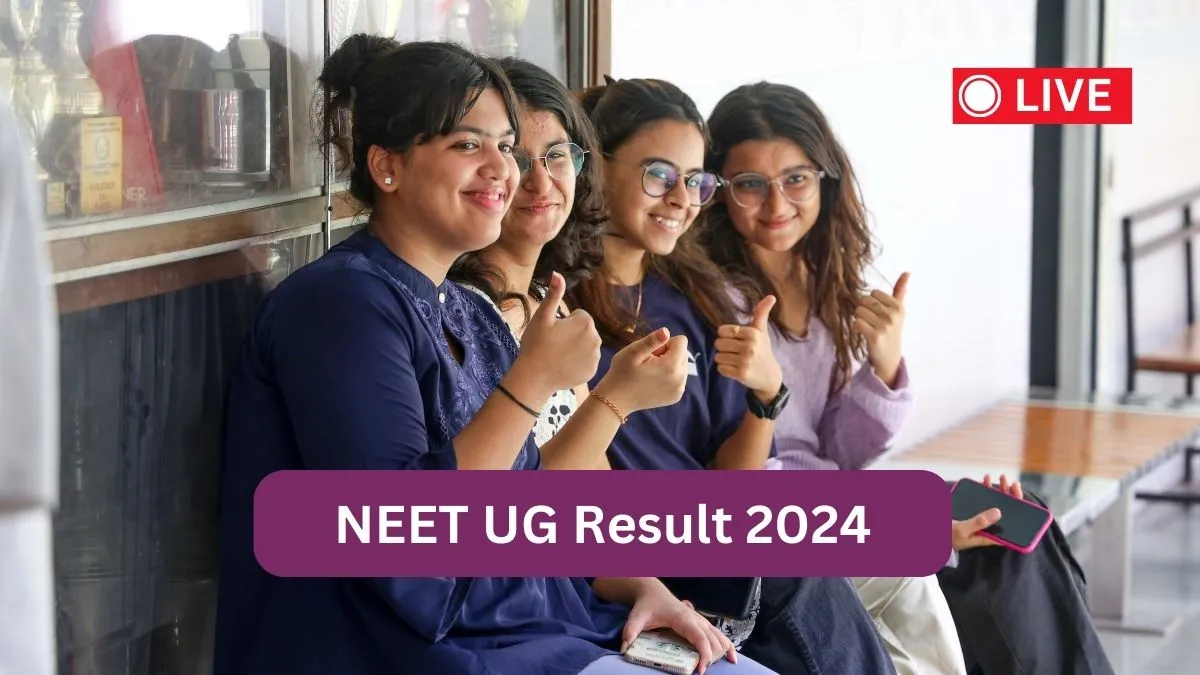In a recent development concerning the National Eligibility cum Entrance Test-Undergraduate (NEET-UG) results, the Supreme Court of India has issued a notice to the National Testing Agency (NTA). This action was precipitated by a series of petitions and complaints lodged by candidates and stakeholders who raised concerns over various discrepancies in the NEET-UG examination process and the subsequent results.
The petitions highlighted multiple issues, including alleged errors in the answer key, discrepancies in the evaluation process, and claims of technical glitches that ostensibly affected the fairness and accuracy of the results. The petitioners argued that these issues could significantly impact the future academic and professional trajectories of the candidates. In light of these concerns, they sought judicial intervention to ensure transparency and fairness in the examination results.
In response to the petitions, the Supreme Court acknowledged the gravity of the allegations and decided to issue a formal notice to the NTA. The notice mandates the NTA to provide a detailed account of the examination process, addressing the specific issues raised by the petitioners. By doing so, the Court aims to ascertain the validity of the claims and ensure that the NTA adheres to the highest standards of procedural integrity.
The NTA, in its initial response, has maintained that the NEET-UG examination was conducted in a fair and transparent manner. They asserted that the evaluation process is rigorously monitored and that the answer key is meticulously cross-verified to prevent any errors. The agency has expressed its readiness to cooperate with the Supreme Court’s directives and provide the necessary documentation to substantiate its claims.
The Supreme Court’s notice to the NTA underscores the judiciary’s commitment to upholding the principles of fairness and accountability in the conduct of national examinations. The ongoing legal proceedings are pivotal, as they will not only address the immediate concerns of the petitioners but also have broader implications for the credibility of the examination system in India. The next hearing, scheduled for July 8, will further elucidate the Court’s stance and the subsequent actions to be taken.
The Supreme Court’s decision to proceed with NEET-UG counselling, despite ongoing legal challenges, holds significant implications for students awaiting seat allotment. By refusing to stay the counselling process, the Court aims to ensure that the academic calendar remains on schedule, thereby mitigating any disruptions in the academic progression of aspiring medical students. This decision underscores the importance of maintaining stability in the educational timeline, even amidst legal disputes.
Students and parents, however, remain in a state of uncertainty. The continuation of the counselling process means that aspiring candidates must proceed with the current schedule, even as legal questions loom. This scenario could lead to potential adjustments or reassignments of seats, depending on the outcomes of subsequent hearings. The National Testing Agency (NTA) is thus tasked with managing both the ongoing counselling and preparing for any directives that might emerge from future court rulings.
The next hearing, set for July 8, is crucial. It will address the grievances raised against the NTA and its handling of the NEET-UG examination results. Potential outcomes could range from minor adjustments to the counselling process to more significant changes in the examination and result declaration procedures. The NTA may be required to implement interim measures to enhance transparency and fairness, such as increased oversight or additional verification steps in the seat allotment process.
Experts suggest that the legal scrutiny faced by the NTA could lead to more stringent protocols in future NEET-UG examinations and counselling sessions. This might include refined evaluation methods, improved result verification processes, and enhanced communication channels to address candidates’ concerns. Such measures, while potentially increasing administrative burdens, are likely aimed at bolstering trust and credibility in the NEET-UG system.
In conclusion, the Supreme Court’s decision to allow the NEET-UG counselling to proceed amid legal challenges is a pivotal moment for all stakeholders. The outcome of the next hearing will play a significant role in shaping the future of medical entrance examinations in India, potentially leading to reforms that ensure a more robust and transparent process for aspirants nationwide.




